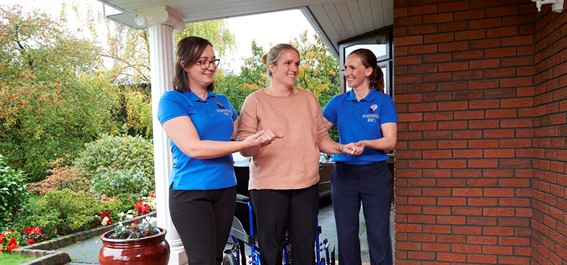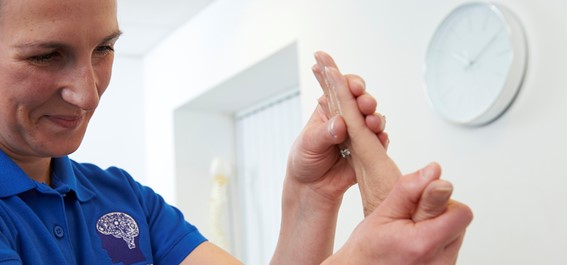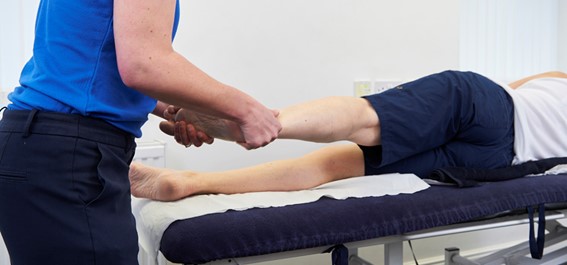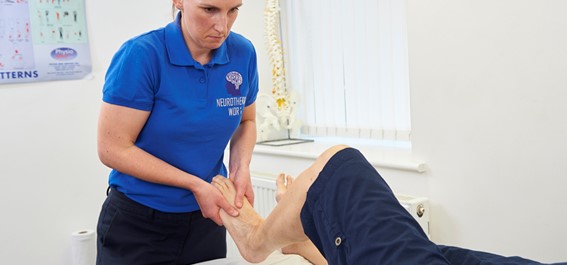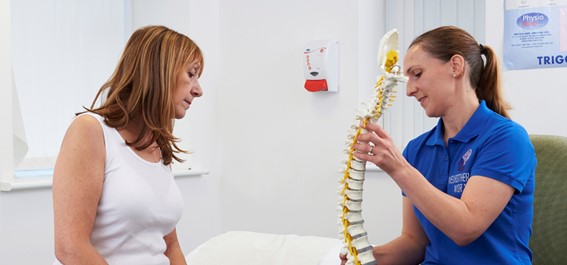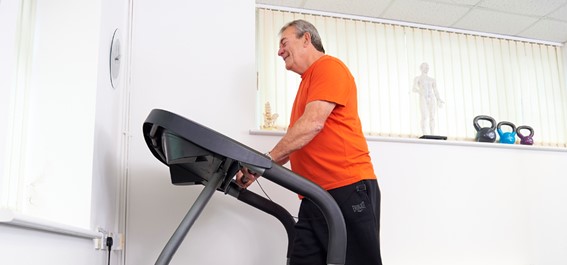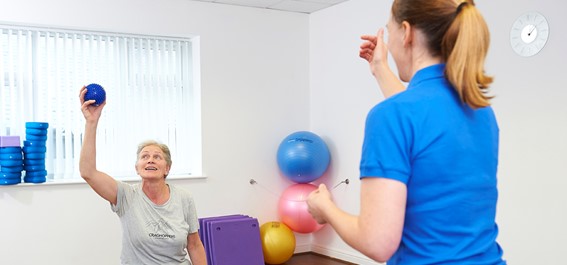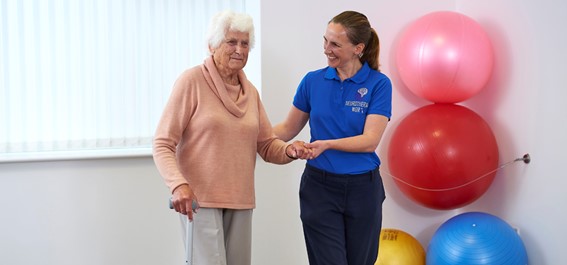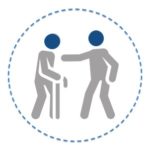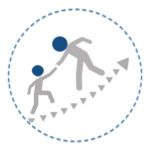

Aquatic Therapy (more commonly known as hydrotherapy)
Aquatic therapy is physical therapy that takes place in a pool or other aquatic environment under the supervision of a trained healthcare professional. The water tends to be at a temperature of between 34-35 degrees. The buoyancy of the water can help with reducing stress and strain on joints and muscles which helps make movement and exercise less painful as well as enjoyable.
The main benefits of aquatic therapy are:
- Can help improve flexibility and joint/muscle range of movement
- Can help improve muscle strength and endurance
- Can help improve balance and walking
- Can be used for relaxation
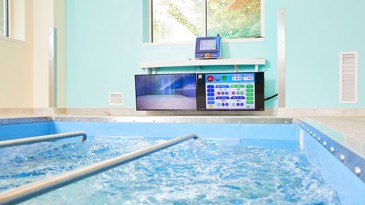

How Our Aquatic Therapy Supports You
At Neurotherapy Worx we can offer aquatic therapy sessions to suit an individual’s requirements and help in their rehabilitation process. Assessment and provision of a tailored aquatic therapy plan for the individual can be completed and reviewed when required. Aquatic therapy programmes can be formulated for the individual to complete with their support workers or on a one to one basis with the physiotherapist. In many individuals with neurological impairments, aquatic therapy sessions may be part of the rehabilitation programme along with land-based sessions. Please contact us for further information.
How Does Neurotherapy Treatment Work?

We hold a brief conversation with you about what problems you struggle with and how you need help
We capture your personal details, discuss the costs and timings and arrange an appointment
During your first appointment, you share your goals with us and we conduct a physical assessment
We work with you to build a personalised treatment plan, during a scheduled period of intervention
We may prescribe some exercises to help you to address weakness, move more efficiently and improve your quality of life
We regularly review your progress and adjust your goals as you make improvements
What’s a Treatment Plan?
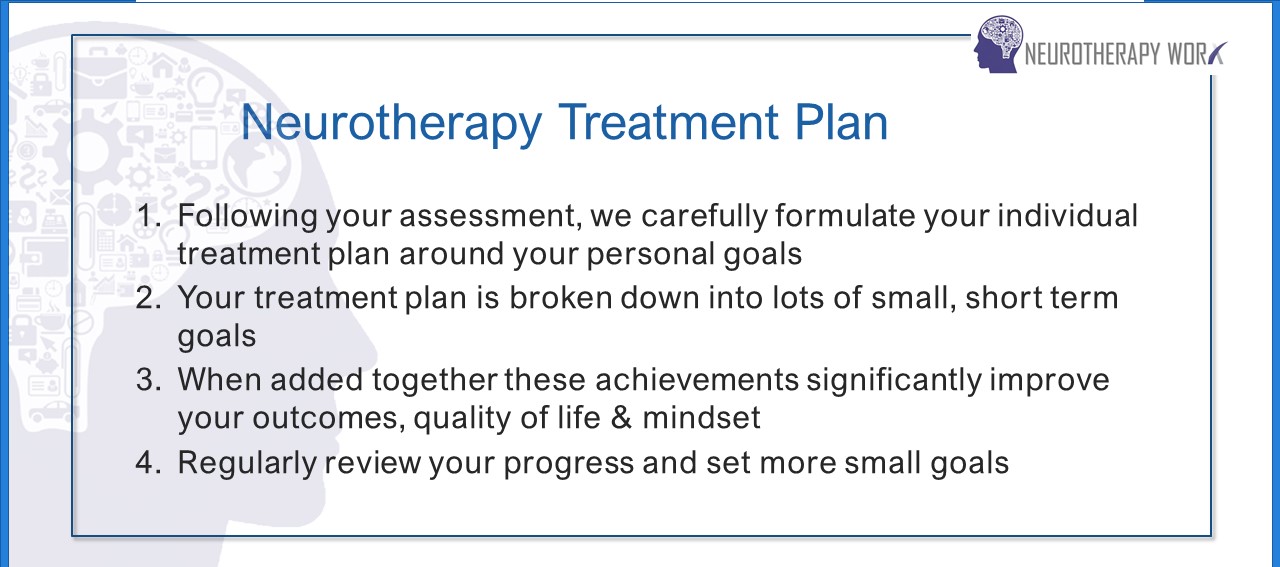
Why Work With Our Team?
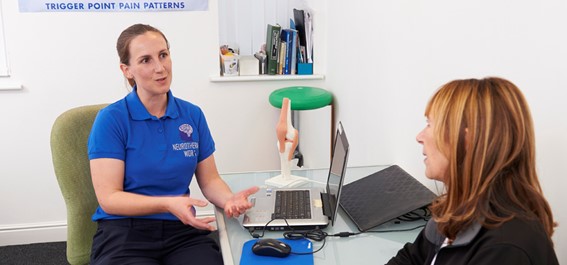
Patient Centric
Motivational, personalised and tailored care, based on your individual goals and fully adapted to your abilities
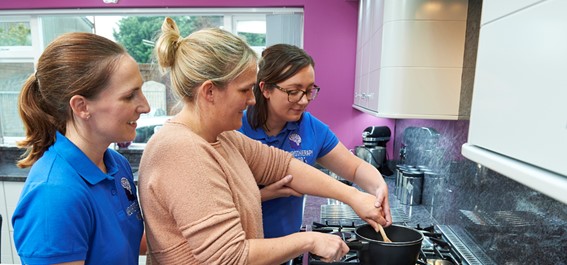
Multi Skilled Team
Our expert team work together when required, fully communicating to deliver the fastest and best outcomes

Fully Experienced
With extensive, hands on practical career experience of working in hospitals, clinics and the community
Why Trust Us for Your Treatment?

Qualified Specialists
Fully HCPC, CSP, Physio First, CPD, DBS accredited with proof of up date memberships upon request. We’re member of the aquatic therapy association of chartered physiotherapists (ATACP) and association of paediatric chartered physiotherapists (APCP) and association of chartered physiotherapists in neurology (ACPIN).
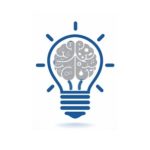
Innovative Therapies
By staying ahead of cutting edge industry treatments, we bring you new and unique support and options. We believe in staying ahead of technical advances within our industry to deliver the best levels of care. We research and use the latest medical devices to support our neurological therapies. See our therapies pages for more information.

Trust Us with your Data
We’ve invested in the latest, GDPR compliant IT systems for accurate patient record keeping. Our systems match the stringent data protection standards within the healthcare industry, enabling us to communicate fluidly with your other care providers and deliver collaborative care.
Home Visits
Our friendly team visit you in your home. Following our assessment, we support you with activities of daily living that you would like to carry out more easily. Our team are enhanced police checked.
Attend Our Clinic
Attend our fully equipped clinic for a full assessment & tailored treatment plan. Specialist equipment is available to support your activities & develop your skills, enabling you to achieve your personal goals
Neurological Problems We Help With
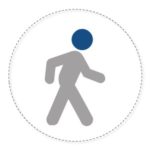
Walking Issues

Balance Problems
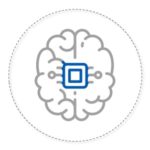
Coordination Problems

Visiospatial Disfunction

Sensory Loss
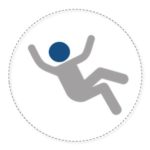
Falls

Fatigue
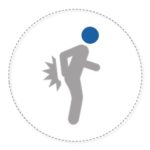
Pain

Spasticity
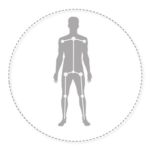
Body Alignment

Range of Movement

Reduced Muscle Tone
Neurological Conditions We Support
• Alzheimer’s Disease
• Balance Problems
• Brain Injury
• Brain Tumours
• Cerebral Palsy
• Dementia
• Functional Neurological Disorder
• Guillain-Barré Syndrome
• Hereditary Ataxias
• Motor Neurone Disease
• Multiple Sclerosis
• Muscular Dystrophy
• Parkinson’s Disease
• Peripheral Neuropathy
• Spinal Deformity and Injury
• Stroke





